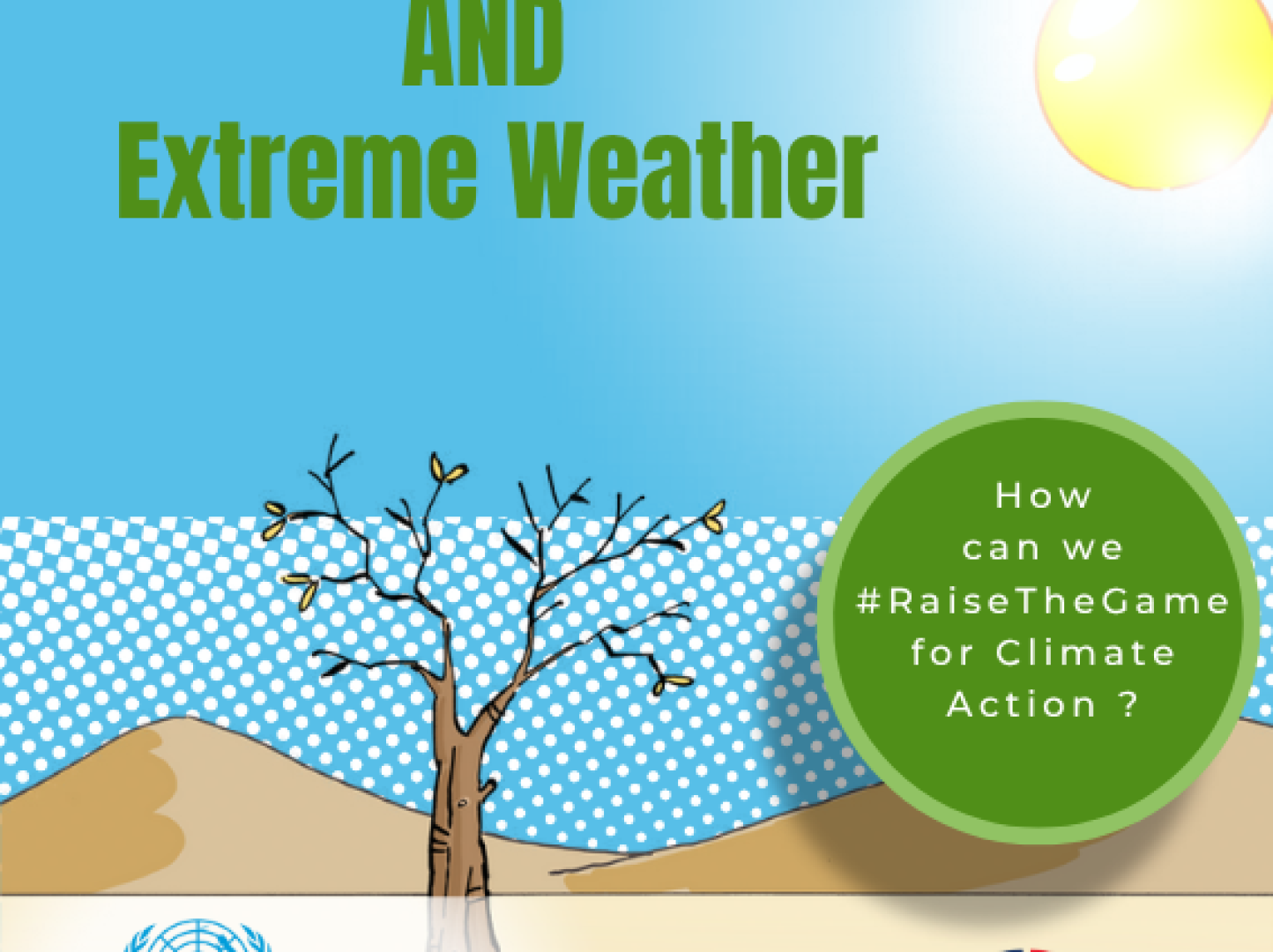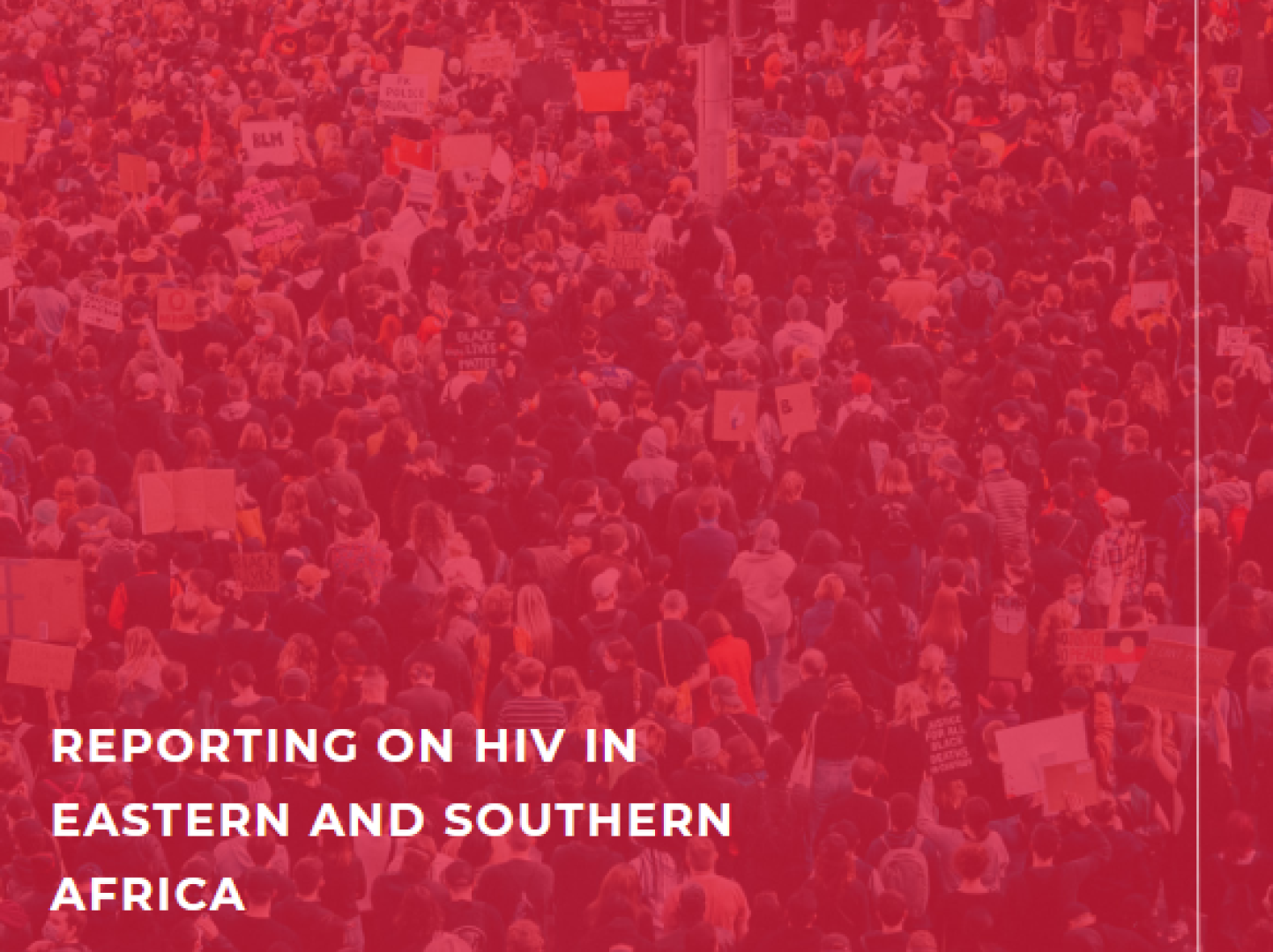United Nations Human Rights Report 2021
In 2021, COVID-19 and its impacts continued to affect communities around the world, with the brunt of the negative effects falling on the most vulnerable.
The UN Human Rights COVID-19 Strategy 2021-2022 aims to respond to the needs of the most affected populations and places them at the heart of recovery efforts. To this end, UN Human Rights’ strategy outlines four focus areas that identify needs, opportunities and priority activities.
The COVID-19 pandemic exposed the weaknesses of social and economic systems that made insufficient investments in their fundamental public services, such as health care and social protection. The Secretary-General’s Common Agenda and New Social Contract elevated social protection and universal health coverage as global priorities that are critical for facilitating access to health care, protecting people against poverty and ensuring the enjoyment of basic economic and social rights, including food, water, housing, health and education.
The pandemic also revealed vaccine inequity as a key challenge in building back better. In addition, incidents of gender-based violence (GBV) spiked during the pandemic, particularly domestic violence and child marriage. Sexual and reproductive health services were not considered as basic and essential health services in most COVID-19 responses, resulting in an increase in maternal mortality rates and unmet needs related to sexual and reproductive health and rights (SRHR).












